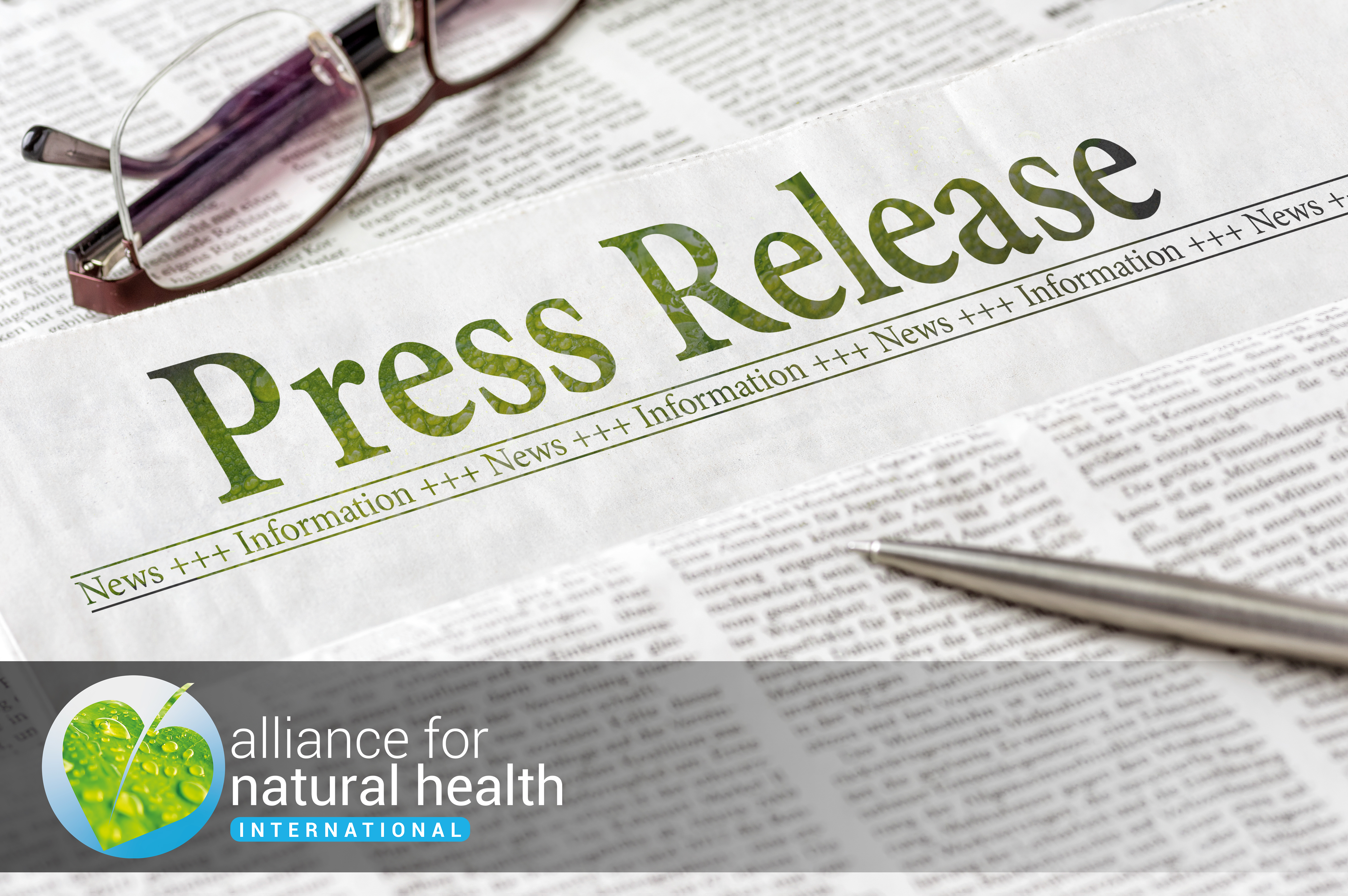Content Sections
The European Food Safety Authority (EFSA), one of the European Union’s seven institutions, admitted yesterday in a consultative workshop in Brussels that it was trying to get its house into order. The high profile, web-casted workshop, moderated by British science writer and broadcaster Vivienne Parry, aimed to get feedback on its proposed new policy on independence and scientific decision-making processes. A policy revision was deemed necessary after EFSA had been repeatedly criticised for employing scientists with conflicts of interest so compromising the independence of its risk assessment evaluations. In the workshop’s closing speech, European Commissioner John Dalli indicated that the policy changes were intended to reinforce public trust in EFSA.
While EFSA invited some of its most vocal critics to participate in the workshop, including Corporate Europe Observatory (CEO), Alliance for Natural Health International (ANH-Intl) and Greenpeace, many left the meeting nonplussed.
Dr Robert Verkerk, executive and scientific director of ANH-Intl commented: “I had some hope that this workshop might represent a turning point for EFSA, but like many who asked questions, our concerns were either ignored or neatly side-stepped.”
As the food supply becomes increasingly globalised, there has been an increasing tendency for regulators to harmonise their regulatory approaches, often guided by the principles established through international guidelines and standards developed by the Codex Alimentarius. In 2007, EFSA and the US Food & Drug Administration (FDA) signed a cooperation agreement, so it was no surprise to find an FDA representative among the speakers at the Brussels workshop.
Murray Lumpkin of the FDA divulged the mechanisms used by the US agency in its attempt to prevent distortion by corporate or vested interests. But despite this, there have been ongoing revelations of revolving doors between Big Biotech, Pharma and Food scientists and the FDA.
“The situation in Europe is no different to that in the US,” added Dr Verkerk, “EFSA seems very keen to deal with embarrassing exposures about conflicts of interest, particularly within its working groups. Although a workshop session was dedicated to scientific decision-making, no new light was shed on whether EFSA was prepared to significantly alter its approach to risk analysis. This was especially disappointing given that independent scientists have often said its methodologies produce results that are out of step with the latest scientific knowledge.”
ANH-Intl has long argued that risk assessments carried out by EFSA seem to lack objectivity and appear designed primarily to appease the dominant corporate groups within given sectors. Greater transparency and independence relating to EFSA’s work may reduce embarrassment, but without major reform of its approach to risk analysis, a more scientifically rational, level-playing field approach seems doubtful.
ANH-Intl has previously highlighted the contrasting approaches used by different EFSA risk assessment panels. For example, it has ‘green-lighted’ most of the genetically modified crops it has evaluated, while rejecting 95% of the assessed botanical health claims. Another important anomaly is EFSA’s classification of sodium monofluorophosphate as a food supplement, when its intended use is medicinal: the treatment of tooth decay. Similarly, EFSA continues to allow the use of the plasticiser bisphenol A in food contact materials and it has controversially reconfirmed the safety of the artificial sweetener aspartame. It has, however, been obliged to review scientific evidence on health concerns over the sweetener’s use.
Looking forward, Dr Verkerk commented: “We only hope that sustained pressure from concerned citizens, Members of the European Parliament and NGOs across Europe will force EFSA to deal with all areas of its work, and not just those that are politically sensitive, such as conflicts of interest.”
Ends.
NOTES FOR EDITORS
Webcast of workshop:
http://flyonthewall.com/FlyBroadcast/efsa.europa.eu/Workshop1011/index.php?language=english&stream=wmv#
EFSA Public consultation on a Policy on Independence and Scientific Decision-Making Processes of the European Food Safety Authority
http://www.efsa.europa.eu/en/consultationsclosed/call/110707b.htm
Opening speech at workshop by Catherine Geslain-Danéelle, EFSA executive director:
http://www.efsa.europa.eu/en/edspeeches/speeches/111013.htm
Photos from workshop:
http://www.facebook.com/media/set/?set=a.261291543912188.57664.137967112911299&type=1
Selected ANH-Intl reports on EFSA:
- EFSA joins the EMA on the naughty step (6 Oct 2011)
http://www.anh-europe.org/news/efsa-joins-the-ema-on-the-naughty-step
- EFSA carries on regardless (6 May 2011)
http://www.anh-europe.org/news/efsa-carries-on-regardless
- MEP concerns mount over regulatory threats to natural healthcare
(10 Mar 2011) - http://www.anh-europe.org/news/mep-concerns-mount-over-regulatory-threats-to-natural-healthcare-0
- More Alice in Wonderland decisions on health claims (24 Feb 2011)
http://www.anh-europe.org/news/more-alice-in-wonderland-decisions-on-health-claims
- EFSA—are you trying to poison us? (18 Dec 2008)
http://www.anh-europe.org/news/efsa%E2%80%94are-you-trying-to-poison-us




